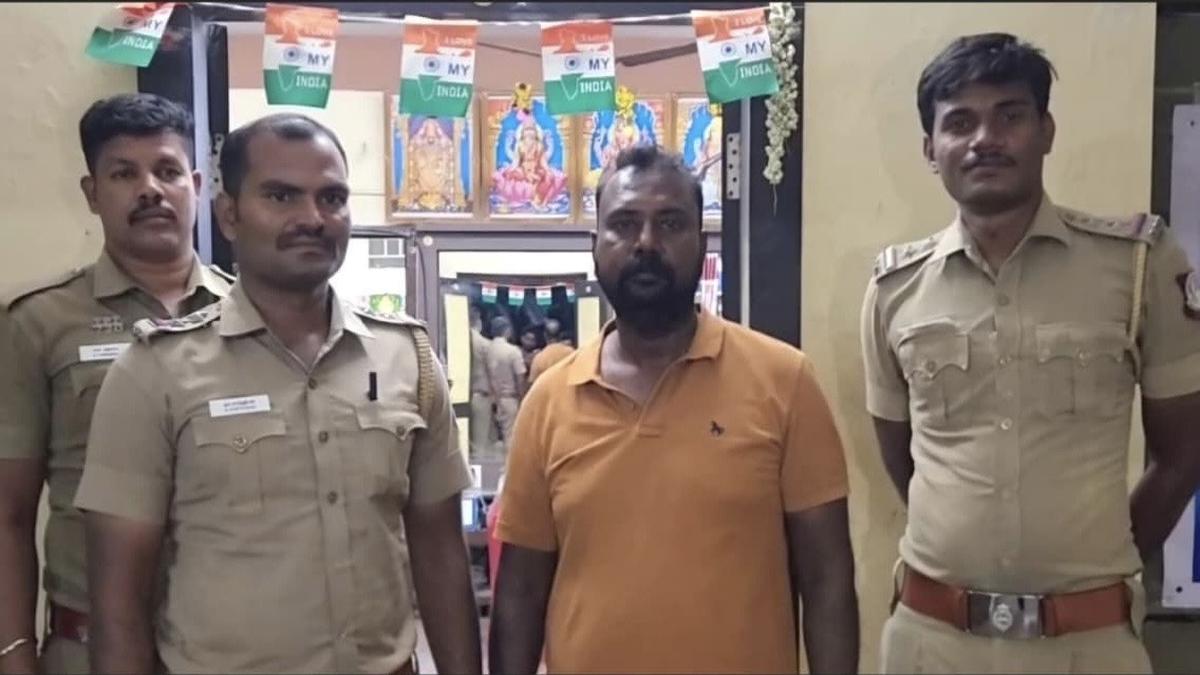Climate activist Sonam Wangchuk and other residents of Ladakh are currently on a hunger strike to demand constitutional safeguards for the region bordering China which was converted into a Union Territory in 2019.
A high-powered committee (HPC) led by Minister of State for Home Nityanand Rai was first constituted in January 2023 to address the concerns of people in Ladakh. The committee was reconstituted in November 2023, but the talks broke down in March 2024. The discussions resumed on December 3, 2024, and the last round was held on May 27.
Cherring Dorjay Lakruk, the president of the powerful Ladakh Buddhist Association and co-convenor of the Leh Apex Body – which is part of the HPC – is also spearheading the protest. He speaks to Vijaita Singh.
Why are you protesting again?
This is essentially for our four demands (inclusion in the Sixth Schedule of the Constitution (tribal status), Statehood, separate Lok Sabha seats for Leh and Kargil districts, and filling of existing government vacancies). The Home Ministry has suspended the talks, and it is being done to resume the process.
How long will the protest go on?
Mr. Wangchuk has declared that the protest and the hunger strike will go on for 35 days. Around 400-500 people have joined the protests. However, this could be extended.
How many meetings did you have with the Home Ministry so far?
For the past four to five years, we have had many rounds of talks with the Ministry, but those have been irregular. Last year, Sonam Wangchuk had to march from Leh to Delhi and sit on a hunger strike, only then the talks resumed. Our primary complaint is that the talks are not taking place on a regular basis.
After the last talks in May, President Droupadi Murmu notified four Regulations for Ladakh, defining new policies on reservation, languages, domiciles, and composition of hill councils. Didn’t these incorporate your demands?
No, talks have taken place pertaining to our two major demands – Statehood and Sixth Schedule.
When Ladakh became a UT, there were celebrations in Leh by the Bharatiya Janata Party (BJP). You have been associated with BJP which celebrated the UT status.
I was in BJP then, but did not celebrate and did not dance at the Leh market. Our main demand then was UT with legislature. I never participated in the celebrations.
Has the Home Ministry ever assured Statehood in the talks so far?
They said they will discuss, but the provision for Statehood is there in the Constitution.
What are the changes you expect if Statehood is granted?
Our main concern is land. This is a lot of barren land here. Safeguarding land is our priority. Jobs and culture can be protected by the Sixth Schedule.
What is the fear around land?
We fear big industries and hotels will come here and outsiders will occupy our land. Here, hotels are run by family businesses, we do not have 400-500 room hotels here. Outsiders will take away all our businesses.
What kind of protection you had when you were part of J&K?
Our land was 100% protected then. No outsiders could apply for jobs. Because of Article 370, outsiders could not buy land, now they can.
What will be your next move?
The Ministry has sent us feelers for talks. It wants us to end the fast, but we cannot call off the strike. If the talks go in the right direction, we can consider. We won’t suspend the hunger strike. Till the time next hill council elections are held, which are due in the next two months, we have decided to keep the movement apolitical.



.png)
.png)
.png)
















 1 hour ago
4
1 hour ago
4










 English (US) ·
English (US) ·